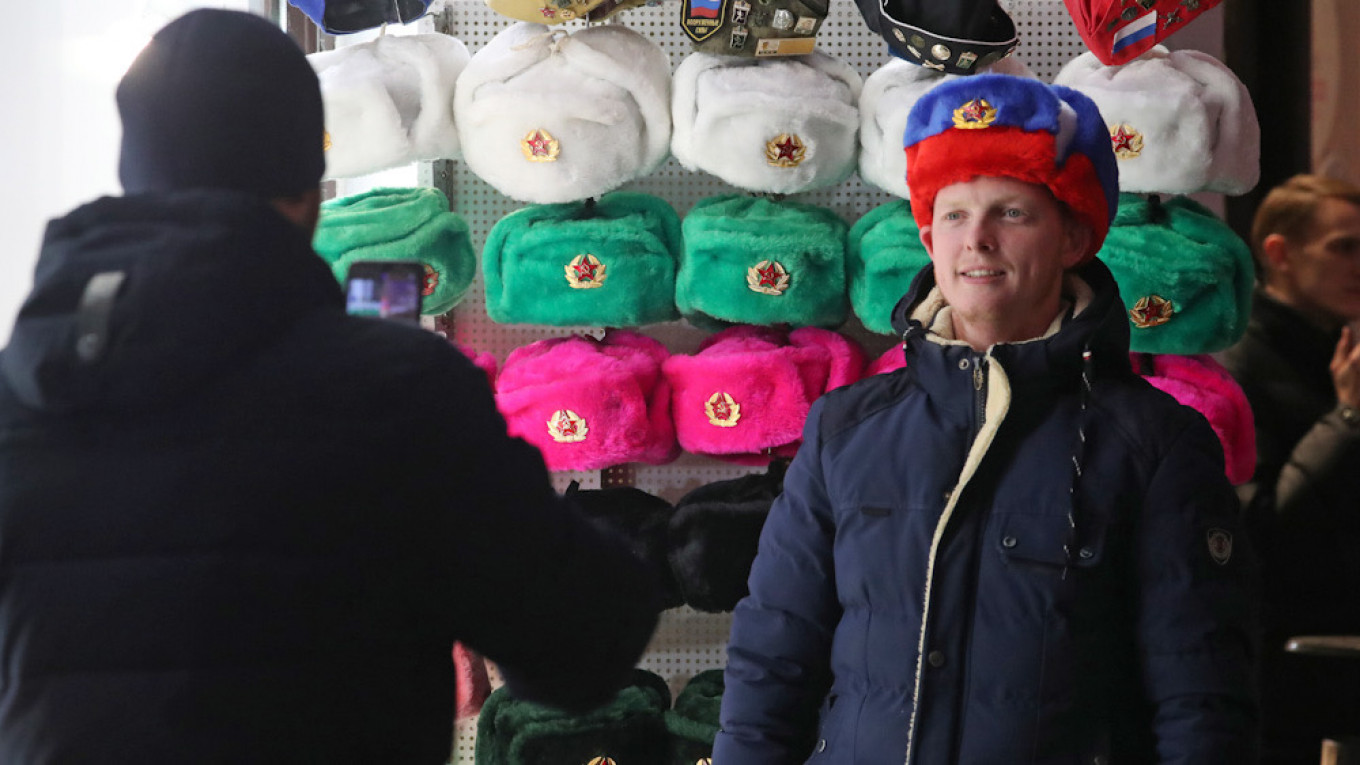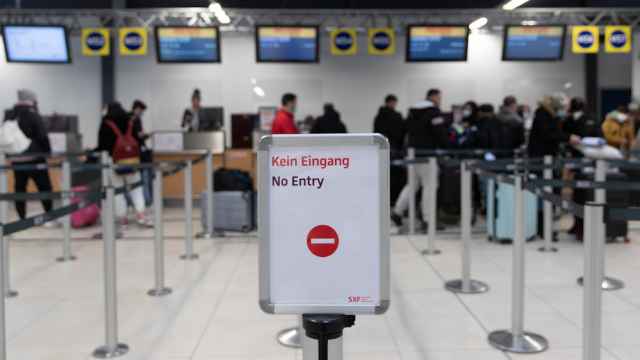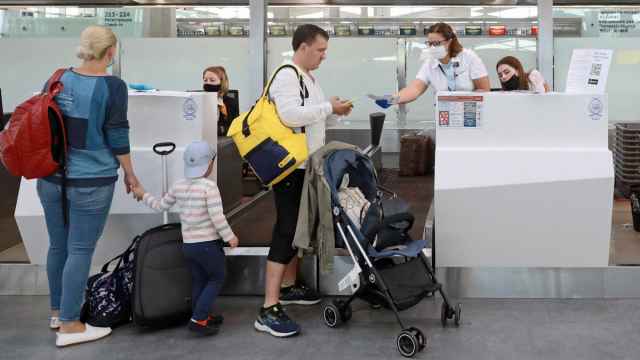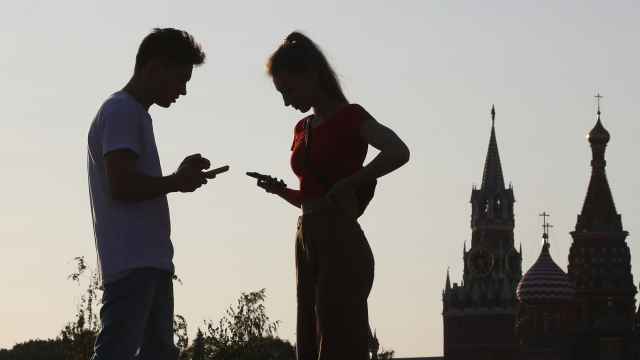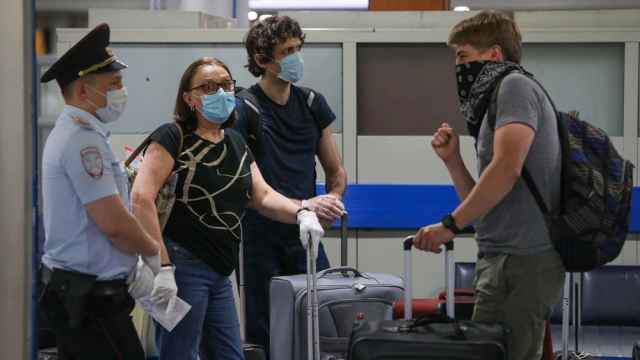Russia has extended its moratorium on deportations of foreigners with expired visas for another three months due to the coronavirus pandemic, according to a last-minute decree President Vladimir Putin signed Tuesday.
Foreign nationals with expired visas had been beset with uncertainty over whether they should leave the country before Putin’s latest extension of foreign citizens’ residence status was set to expire on June 15.
In a previous signal that it could lift the moratorium, Russia's Interior Ministry in April asked migrants from post-Soviet states living in Russia illegally to leave the country by June 15 or face expulsions and a ban on returning.
As early as Tuesday afternoon, the Kremlin said that Putin had not yet decided on the moratorium’s future.
But a presidential decree that appeared on the government portal of legal acts shortly after stated that foreigners in Russia will not be deported until at least Sept. 30, 2021.
Depending on where they’re from, foreigners with expired visas are allowed to stay in Russia for up to 90 days after Russia resumes direct travel with their country of citizenship or residency.
The Interior Ministry said foreigners whose visas or other temporary residence permits expired after March 15, 2020, are allowed to settle their legal status at the nearest regional police headquarters until Sept. 30.
“If foreign citizens apply, they will not be subject to measures relating to removal from and a ban on entering Russia,” it said in a statement. “If they don’t, they are granted the right to leave Russia by Sept. 30.”
According to Putin’s decree, foreigners’ residence and registration documents, as well as refugee and temporary asylum documents, will not count toward the documents' respective expiration dates between June 16 and Dec. 31, 2021.
The Interior Ministry added that employers can apply for work permits and employees can continue working until Dec. 31 or until their contract expires.
The deportation moratorium does not apply to foreign citizens who have been released from prison, participated in unauthorized anti-government demonstrations or pose a threat to Russia’s national security.
Russia had temporarily banned entry to all foreign citizens and suspended issuing nearly all types of visas in spring 2020 in an attempt to slow the spread of Covid-19 within its borders.
More than a year since the start of the pandemic, citizens of only a handful of countries where daily infection numbers have been deemed safe — as well as foreigners who have Russian relatives or who are considered highly-qualified specialists — are permitted to enter Russia.
A Message from The Moscow Times:
Dear readers,
We are facing unprecedented challenges. Russia's Prosecutor General's Office has designated The Moscow Times as an "undesirable" organization, criminalizing our work and putting our staff at risk of prosecution. This follows our earlier unjust labeling as a "foreign agent."
These actions are direct attempts to silence independent journalism in Russia. The authorities claim our work "discredits the decisions of the Russian leadership." We see things differently: we strive to provide accurate, unbiased reporting on Russia.
We, the journalists of The Moscow Times, refuse to be silenced. But to continue our work, we need your help.
Your support, no matter how small, makes a world of difference. If you can, please support us monthly starting from just $2. It's quick to set up, and every contribution makes a significant impact.
By supporting The Moscow Times, you're defending open, independent journalism in the face of repression. Thank you for standing with us.
Remind me later.


